A series of academic and practical research projects investigate how we can best listen to children’s voices
Children, especially those living in refuge or poverty, too often have aid or services designed on their behalf based on adult assumptions about their needs. No matter what the professional qualifications of the adult may be, we believe children remain the only experts in their own experiences and that their voice is the most crucial insight of all. Services may operate for many years, without ever directly asking children about they are having on them. Our research shows that at best this can cause inefficiencies and, at worst, it allows inadvertent harms to go unreported.
We recognise the challenges with communicating with children, particularly those with a history of distrust, delayed development or poor literacy skills. We recognise the time and resource constraints most services for children battle with. However, we also believe no barrier is too big to overcome in communicating with children and improving outcomes for them.
Case study: For many years volunteering in orphanages overseas has been seen as controversial and accused of causing harm to children by some psychologists, NGO workers, academics and beyond. The children themselves are rarely asked about their views on this and the impact it has on them, and yet the practice continues. We are currently working alongside the Centre for International Development at Northumbria University and Western Sydney University to research innovative methods of communicating with children living in orphanages regarding their interactions with international aid and volunteer services. By designing methods of expression that link to play, creativity and movement, these children feel comfortable and confident to communicate their experiences, both positive and negative. Understanding the true impact enables us to advise international aid and volunteer services on how to protect children from harm whilst also meeting their needs and empowering them to overcome challenges independently in the future.
Our research is used for two purposes: It acts as an evidence base to advocate to and equip other organisations to place children’s voices at the heart of their work. It also enables us to design our own programmes of support in response to truly understanding children’s needs.
If you are interested in our research or wish to support our mission, please get in touch.


